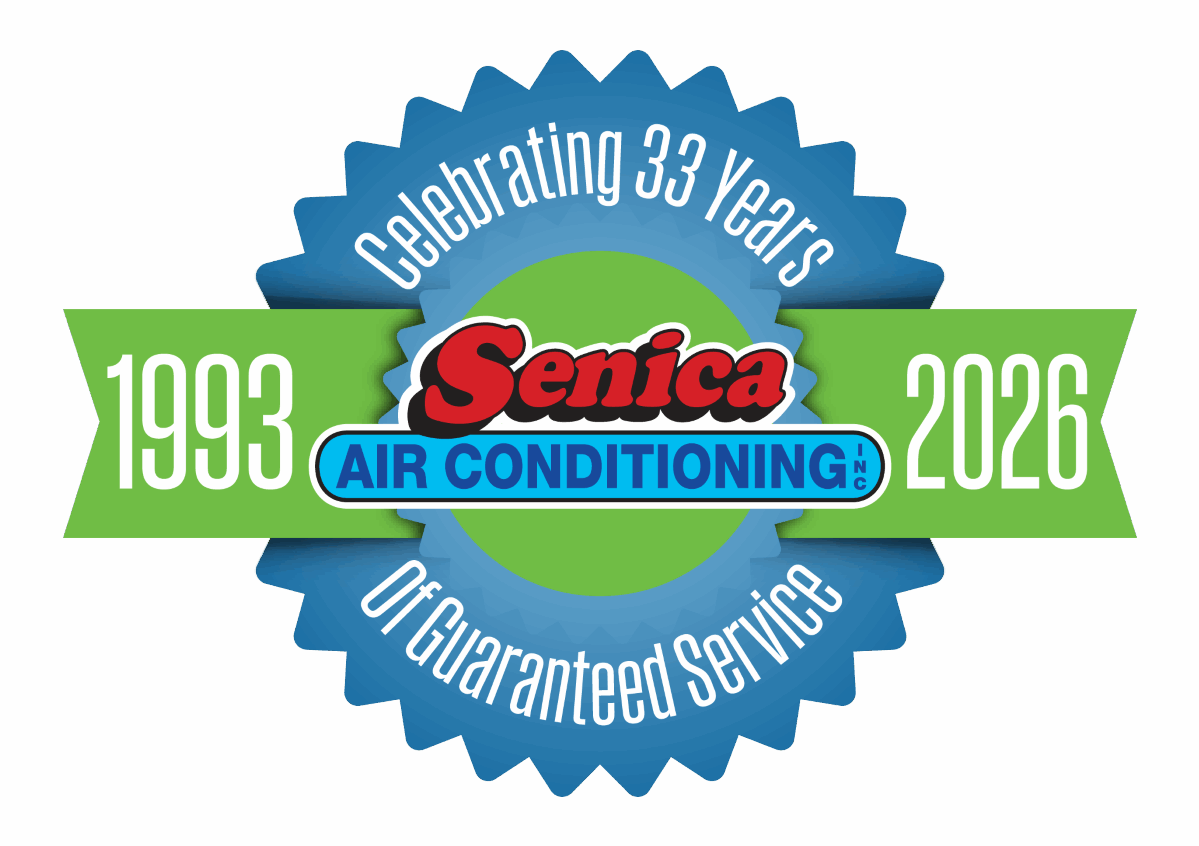Carbon monoxide (CO) is a colorless, odorless gas that can be lethal if it accumulates in high enough concentrations inside your home or workplace. CO is a product of incomplete combustion of wood or fossil fuels, so you and your family are potentially at risk in any building that uses these fuels in cooking, space heating or water heating appliances. Since CO detection is impossible by sight, smell or taste, it’s important that you equip your home with reliable CO detectors and have your fuel-burning appliances inspected regularly by a qualified technician to ensure that they’re working properly.
If organic fuels such as wood, natural gas or fuel oil are burned completely, the only products of combustion are carbon dioxide and water. If the combustion is incomplete due to inadequate supplies of oxygen, carbon monoxide is one of the combustion products. Oil and gas burners that are not properly maintained or that are not given a sufficient air supply can generate CO. Wood-burning appliances such as fireplaces and woodstoves will burn the fuel efficiently while the fire is very hot, but will produce increasing amounts of CO as the fire starts cooling off before all of the fuel is consumed.
All fuel-burning appliances should be given adequate air supplies and be properly vented to provide complete combustion and to move combustion gases out of the building safely. Chimneys and flues should be inspected frequently and kept clear of lint, leaves or other debris that could interfere with proper venting. Furnace and water heater burners should be inspected, cleaned and repaired to ensure proper operation. An attached garage should be sealed to prevent movement of auto exhaust gases into the living areas of the home.
The early symptoms of low-level exposure to CO include slight headaches, fatigue and dizziness, all of which can be mistaken for the onset of a cold or the flu. Chronic exposure to low levels of CO or short-term exposure to higher levels can lead to depression, respiratory, and central nervous system problems and death. Because CO is difficult to detect without detectors, CO poisoning is one of the leading causes of accidental death.
In addition to installing and maintaining high-quality CO detection equipment in your home, there are a few simple precautions you can take around your house to prevent CO poisoning:
- Never burn charcoal inside your house for cooking or for space heating.
- Never use your stove burners or gas oven for space heating.
- Do not idle your car inside your garage even if you have the big garage door open.
You should have seasonal or annual professional inspections to ensure your family’s safety and to be sure your fuel-burning appliances are operating efficiently. Your professional inspector will:
- Use CO detection equipment to measure carbon monoxide concentrations in flue gases from oil or gas furnaces. Inspect for cracks in heat exchangers, loose fittings, corrosion or other sources of flue gas leaks between the furnace combustion chamber and the house duct system.
- Check the furnace burner and ignition system for correct operation. The color of the flame should be a clean, bright blue rather than a weak yellow if combustion is complete.
- Inspect the chimney and appliance flues for cracks, gaps between joints, animal nests or other obstructions that could prevent effective venting of flue gases. Test fans and vents that remove gases from water heaters, stoves, furnaces and fireplaces to ensure proper operation, and to check for positive pressure balance from inside the house to the outside so that gases do not flow back into the house.
- Check that pilot lights that are not vented, such as on gas stoves, are burning efficiently.
Call us at Senica Air Conditioning, Inc., with any questions you may have about CO detection and safe appliance operation in your home. Our professional technicians will inspect and tune up your fuel-burning appliances to ensure safe operation and energy efficiency. We serve homeowners throughout Tampa, St. Petersburg and Clearwater with new installations, routine maintenance, and 24-hour emergency service of their cooling and heating systems.
